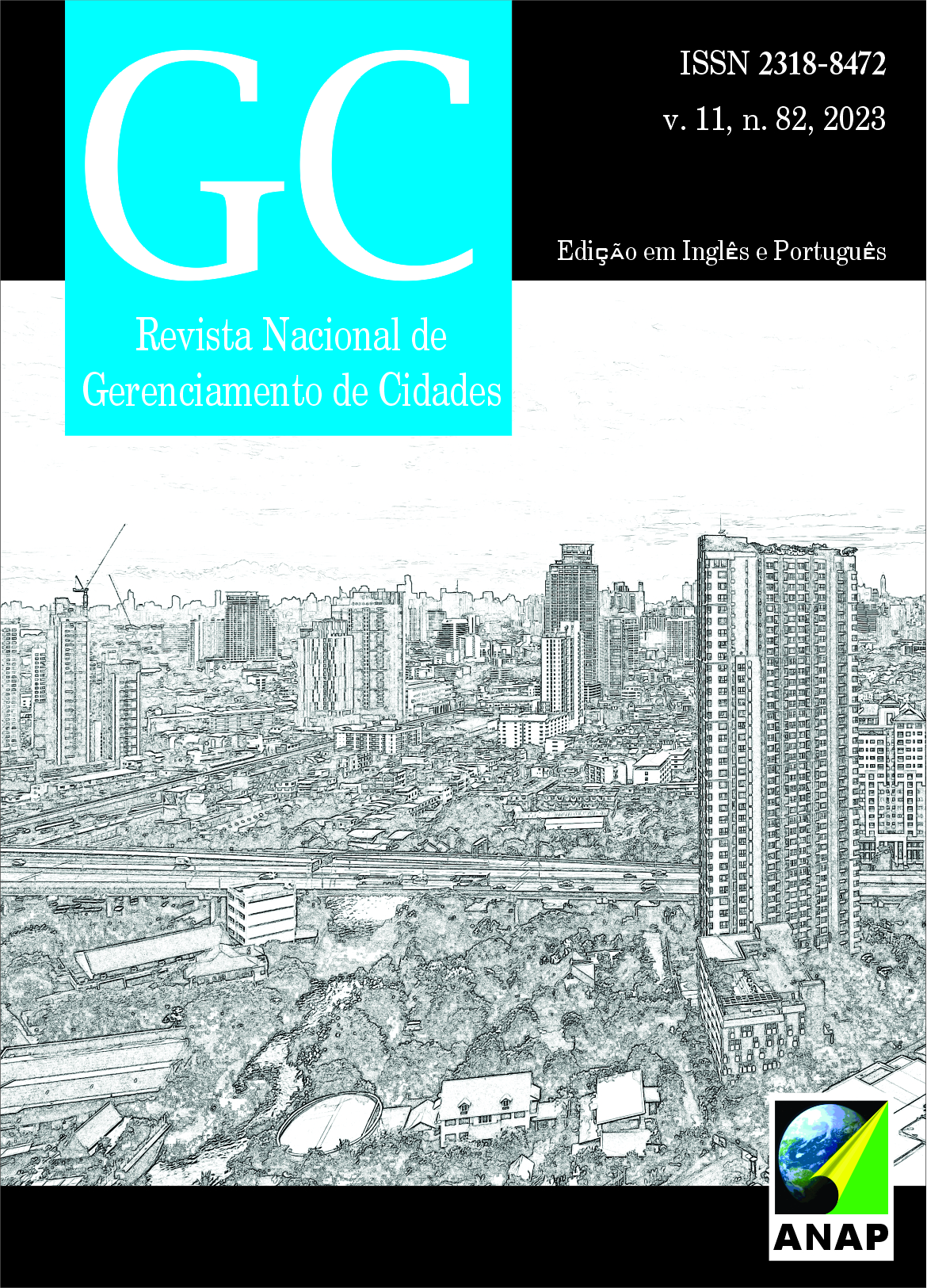Cultural Heritage and the Base Nacional Comum Curricular: approaches between Heritage Education and the curricular guidelines for Elementary School (Early Years) in the recognition and safeguarding of local culture
DOI:
https://doi.org/10.17271/23188472118220233496Palabras clave:
Cultural Heritage. Heritage Education. Base Nacional Comum Curricular.Resumen
This article discusses a possible approach between the debate on identity issues in the expanded field of Cultural Heritage, with Heritage Education as a space for action, and the guidelines on the appreciation of local culture present in the structuring of the Base Nacional Comum Curricular (BNCC) - special attention is devoted to the guidelines of Primary Education – Early Years. The theme can contribute to the construction of critical thinking on citizenship, popular participation, and formation of local identities, considering the relationship between present and past, rescue of memories, feelings of belonging, and identification of cultural references, thus preserving them. Access to the field of heritage ensures educational equity and respect for diversity with theoretical and practical foundations through reflections on Heritage Education, an area of education that must be in constant dialogue due to the experiences and perceptions of educators and students. The article compares the texts present in the BNCC with the theoretical productions on Cultural Heritage and Heritage Education through a literature search, identifying possible paths of educational actions towards inventorying and preserving cultural references of communities located in time and space. It also contributes to a broader discussion on the way Cultural Heritage and Heritage Education are cited in Brazilian official documents via the proposed approach.
Descargas
Descargas
Publicado
Número
Sección
Licencia

Esta obra está bajo una licencia internacional Creative Commons Atribución-NoComercial-CompartirIgual 4.0.














